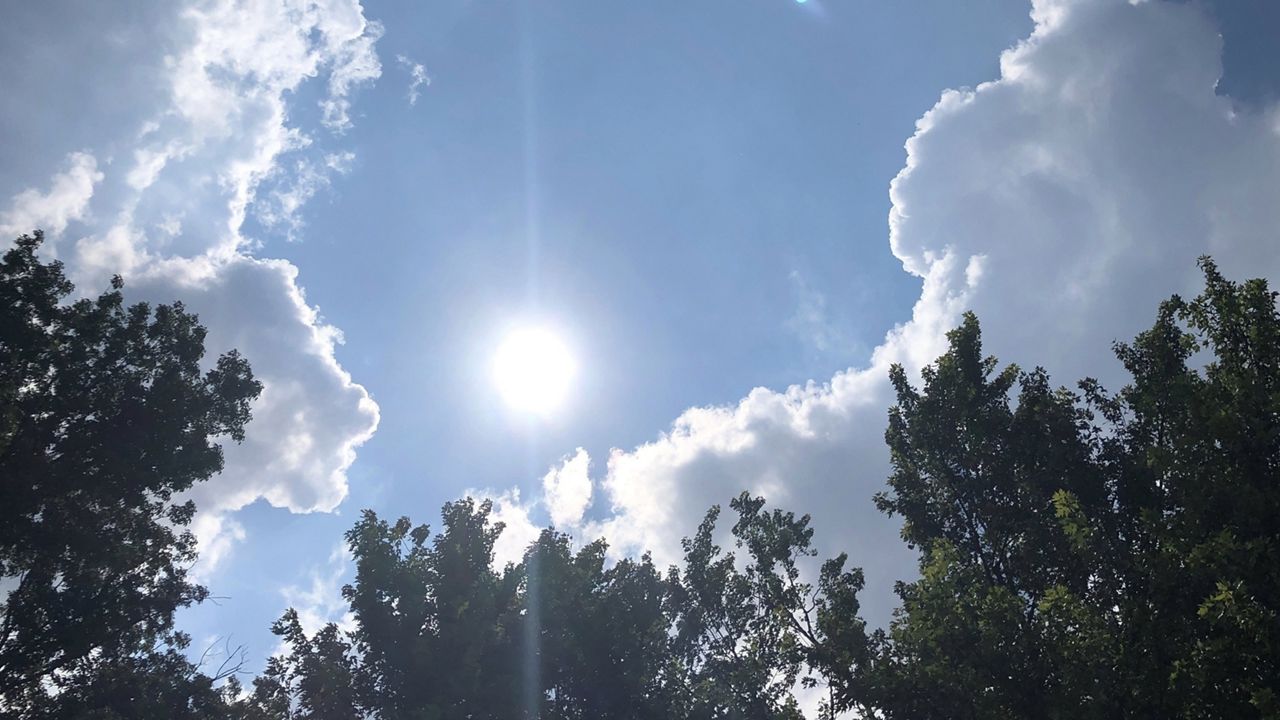Did you know that the abnormally warm and dry conditions in the fall have a name? It is usually referred to as a second summer, but it also has another phrase, Indian summer.
I came across a tweet earlier this month from an operational meteorologist. He wrote:
User, Jon Marker, includes a screenshot of the term from the glossary of the American Meteorological Society (AMS). The AMS says using the phrase is discouraged and claims that it is disrespectful of Native American people.
In its place, the AMS chose Second summer – another phrase used to express an unseasonably warm and dry period in autumn in mainly temperate climates of North America.
Now, I’ve never met this man before, but his tweet got me thinking. Is Indian summer politically correct? If not, is that the right call the AMS should have made?
The phrase itself and its adoption to the glossary isn’t clear, and theories surrounding its name have never been proven.
In 1996, Weather Historian William R. Deedler wrote a piece on Indian summer that is currently still on the National Weather Service website.
Deedler offers a handful of explanations as to how this period was named – which dates back to the 16th Century.
One theory suggests the phrase described the time of the year Native Americans hunted. Another theory suggests this was a way Native Americans communicated with European settlers.
A much darker theory says it was a derogatory term for Native Americans. It meant "false summer," similar to the term "Indian giver" which is also considered racist.
So, if we have never proved these theories, is it offensive? Well, that depends on who you ask.
The Indigenous Corporate Training, Inc. (ICT) provides resources and training to better help employers "work effectively with Indigenous peoples."
In a blog post from 2015, ICT writes a series of words and phrases they have deemed inappropriate or culturally demeaning to Indigenous peoples.
In that blog, the author(s) write "Indian Summer" can imply that all Indians are late, and therefore, an Indian Summer is a late-summer. It is likely the explanation we have grown to know and understand today.
So whether you agree or not, the fact is, we have filled our language with colloquialisms passed down from generation to generation. We never questioned the meaning or origin our ancestors gave us because it was a truth, led to believe and accept.
However, as we navigate this changing world, we are learning more about each other every day. As that happens, we learn that what we say and what we do directly impact our friends, colleagues, and strangers.
Sometimes it’s okay to say something else to not negatively affect those relationships.
One might call it being politically correct. I would call it respect, and it's not such a bad thing.
